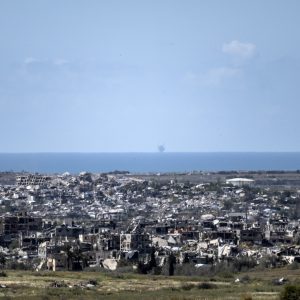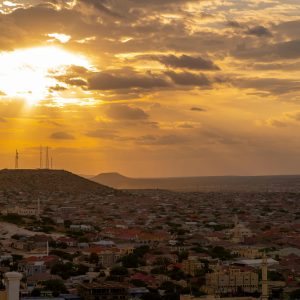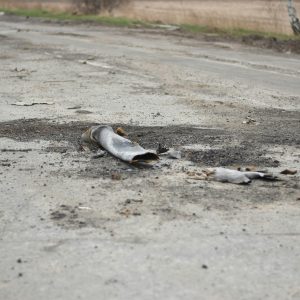Sudan war lays bare ‘fault lines’ between capital and periphery
Cairo, Egypt (AFP):
Sudan’s brutal war has pitted the traditional urban elite that has long monopolized wealth and power in the capital Khartoum against forces from the marginalized rural periphery, analysts say.
For the past month, two rival generals have fought for control of the northeast African country in a war that has spread chaos, claimed at least 1,000 lives and displaced nearly a million people.
One of them is army chief Abdel Fattah al-Burhan, a lacklustre career soldier, born north of Khartoum, who toppled the veteran longstanding ruler of Sudan Omar al-Bashir with support from Western powers and then assumed full powers in a 2021 coup.
The other is his former deputy, Mohamed Hamdan Daglo, a one-time camel herder from the remote western Darfur region bordering Chad, who now commands the feared paramilitary Rapid Response Forces, or RSF.
Also known as “Hemeti” or “little Mohamed”, Daglo got his start as part of Omar al Bashir’s Janjaweed militia in the early 2000s to brutally quash rebellion in Darfur.
In the years since, Daglo has manoeuvred his way into the top echelons of power in the capital of five million people, even as he has been mocked among its elite for his provincial accent and lack of formal education.
The Khartoum-centred old guard “view Hemeti as an illiterate upstart thug whom they first armed to do their dirty work” in Darfur, said Alan Boswell of think tank the International Crisis Group.
However, since then, Daglo has become a feared opponent, commanding the heavily armed RSF which is battle-hardened by service in Yemen and Libya and financed with profits from gold mines he controls.
‘New phase of struggle’
Sudan, a vast country of 45 million people, has a long history of inequality and strife involving ethnic minority groups in remote regions.
Since its days under British rule, “Sudanese political society has been centralised in the Nile Valley,” said Marc Lavergne, a specialist on the Horn of Africa and the Middle East.
Even after independence in 1956, “there has been this dichotomy between the Nile Valley, Khartoum, the parts that the British could make use of,” and the rest of the country.
The more remote areas experienced decades of struggle “that no Khartoum government cared to address”, said Lavergne of France’s University of Tours who has worked for UN and non-government missions in Sudan.
“However, today these peripheral regions hold the richest potential,” he said, referring particularly to large gold deposits in Darfur and elsewhere, from which Daglo has built a military and economic empire.
A Rift Valley Institute report judged that, as a result, “the RSF is no longer a rag-tag militia but rather a well-trained and effective fighting force that can rival” the Sudanese Armed Forces.
“The current conflict represents a battle between the established military-political elite from the centre and an emerging militarized elite from Darfur to control the state, and is a new phase in the struggle between centre and periphery.”












